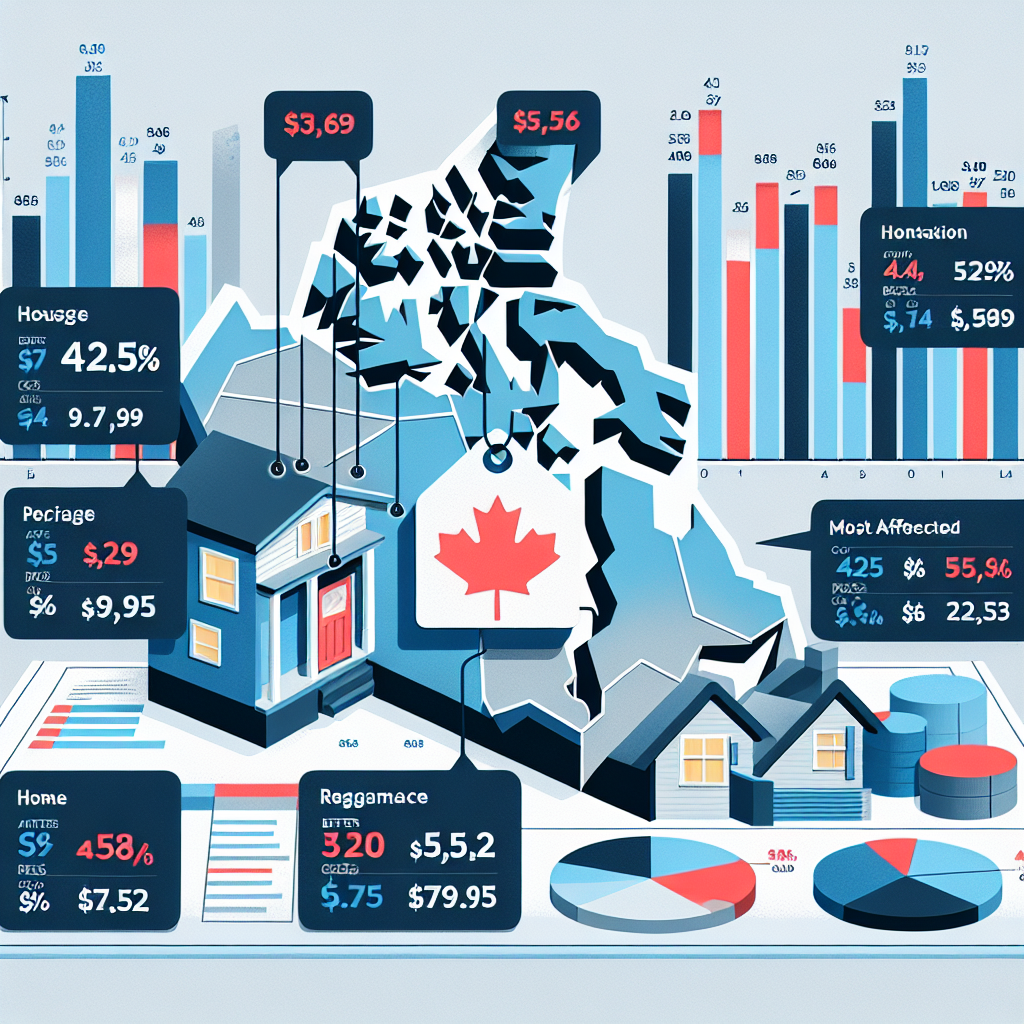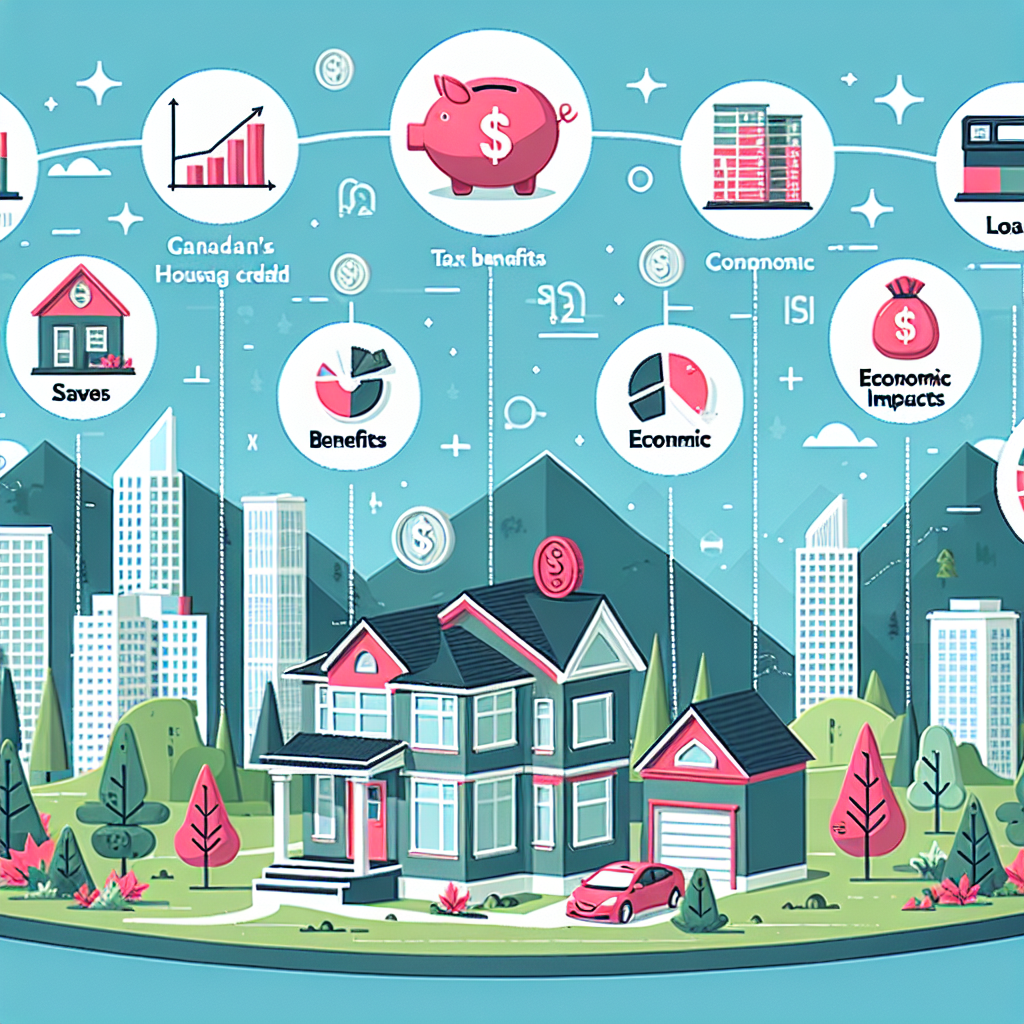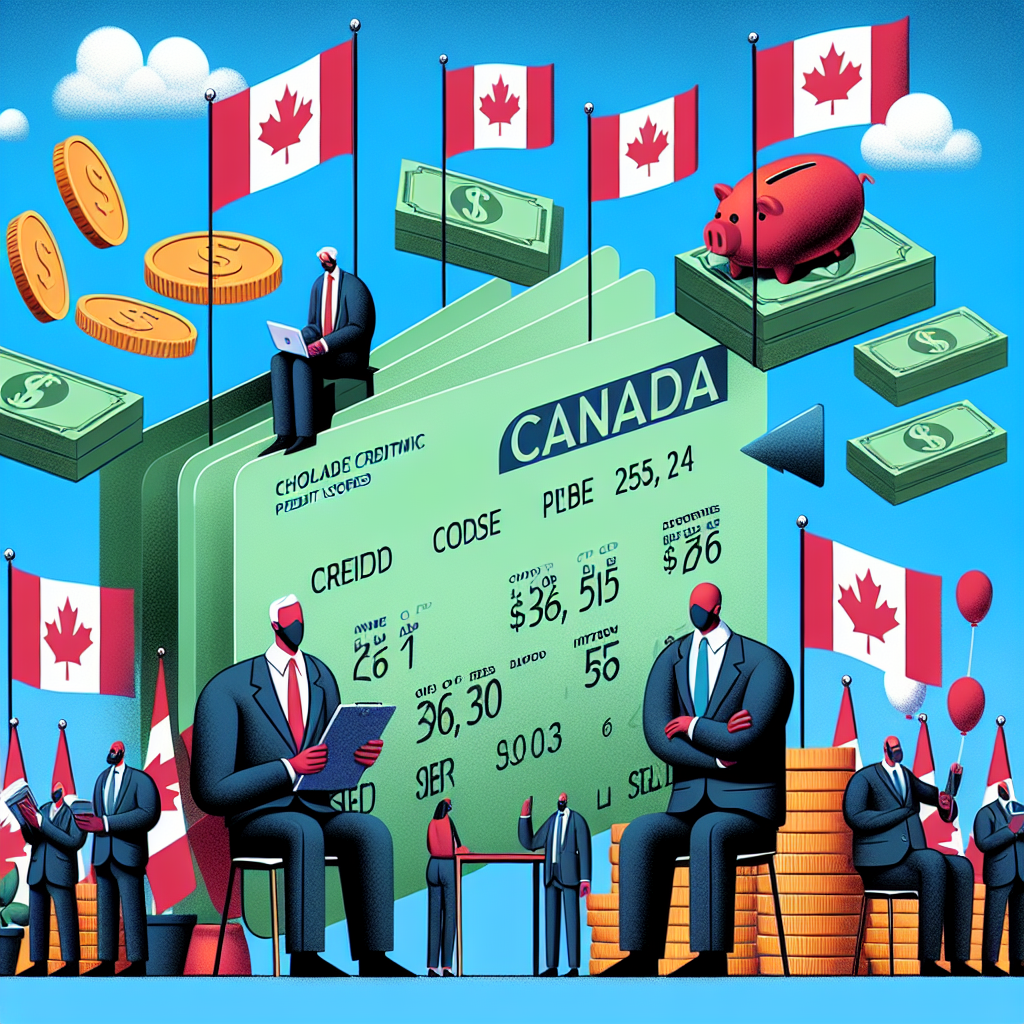As we approach 2024, many Canadians are anxiously evaluating the impact of the 2024 federal budget on Canadian mortgage rates. The landscape of home financing is continuously shifting, influenced not just by personal financial decisions but also by governmental fiscal policies. With the rising cost of living and fluctuating interest rates, understanding how this budget could reshape the mortgage landscape is more critical than ever. This article delves into the intricacies of the budget’s provisions and their implications for mortgage rates, offering essential insights for homebuyers navigating these turbulent waters.
Understanding the 2024 Federal Budget’s Key Provisions
The 2024 federal budget presents a series of strategic allocations aimed at stimulating economic growth and addressing pressing social challenges. A key focus is the increased funding for affordable housing initiatives, designed to alleviate the growing crisis in housing accessibility. By earmarking substantial resources for the construction of affordable homes and support programs for first-time homebuyers, the government seeks to stabilize the housing market while encouraging more Canadians to enter homeownership.
Moreover, the budget introduces tax incentives intended for middle-income families, providing them with additional disposable income. These measures are likely to boost consumer confidence and spending power, potentially translating into heightened demand for housing. However, the allocation of funds must be balanced with measures to control government debt, as increasing public spending could lead to higher borrowing costs in the future. Thus, while the budget’s provisions are aimed at immediate benefits, their long-term implications on fiscal health can also affect mortgage rates.
Lastly, the budget outlines plans to invest in green technologies and infrastructure. While these investments are commendable, they often require significant government borrowing, which can have repercussions on interest rates. If the market perceives a rise in national debt as a precursor to inflation, mortgage rates may adjust accordingly. Therefore, the relationship between the budget’s provisions and mortgage rates is nuanced and requires careful consideration of both short-term and long-lasting economic effects.
How the Budget Influences Interest Rates and Mortgages
Understanding how the 2024 federal budget influences interest rates is crucial for prospective homebuyers. The Bank of Canada tends to react to the government’s fiscal policies, adjusting interest rates to manage inflation and economic growth. If the budget leads to increased government expenditures without corresponding revenues, this could spur inflation, prompting the Bank of Canada to raise interest rates in response. Higher interest rates translate into more expensive mortgage rates, which could dampen the fervor of homebuyers in an already competitive market.
Additionally, the bond market often reacts to changes in government fiscal policy. If investors perceive that the federal budget could lead to increased borrowing and potential inflation, they may demand higher yields on government bonds. Since mortgage rates are closely tied to bond yields, an increase in bond rates typically translates to higher mortgage rates. Thus, any signs of fiscal irresponsibility in the budget could trigger a cascading effect, pushing mortgage costs higher and complicating home affordability for many Canadians.
Conversely, if the budget successfully fosters economic growth and stabilizes the housing market, the Bank of Canada might maintain or even lower interest rates to encourage spending. In this scenario, mortgage rates could remain relatively stable or decrease, providing relief to borrowers. Thus, the budget carries profound implications not just in terms of immediate financial resources, but also in shaping the broader economic landscape that ultimately influences mortgage rates across Canada.
Projected Impact on Canadian Housing Market Dynamics
The 2024 federal budget is poised to create significant shifts in Canadian housing market dynamics. With a focus on affordable housing and various incentives for first-time homebuyers, the government aims to increase homeownership rates. However, the way these measures are rolled out and their timing plays a crucial role in determining their effectiveness. If the budget leads to an influx of new affordable housing, it could balance supply and demand, potentially stabilizing or even lowering prices in some markets.
On the other hand, if the funding for affordable housing initiatives is inadequate or poorly managed, the unintended consequence could be increased competition for existing homes, driving prices up even further. This becomes especially concerning in urban centers where housing demand remains outsized compared to supply. As home prices soar, the burden of high mortgage rates may weigh heavily on middle- and lower-income families, exacerbating existing inequalities in homeownership opportunities.
Another layer to consider is the sentiment in the housing market related to interest rates. Should the budget’s implications lead to rising mortgage rates, many potential homebuyers may be deterred from entering the market, resulting in a slowdown in home sales. Conversely, if rates remain stable or decline, we could witness a surge in transactions, potentially leading to a more volatile market environment. Understanding these dynamics is essential for navigating the complexities of the Canadian housing market in light of the 2024 federal budget.
Strategies for Homebuyers Amid Budget Changes in 2024
In light of the anticipated changes stemming from the 2024 federal budget, homebuyers must adopt a proactive approach to navigate the evolving mortgage landscape. One recommended strategy is to stay informed about interest rate trends and government policies. By closely tracking economic indicators and announcements from the Bank of Canada, potential buyers can make more informed decisions about when to secure a mortgage. This foresight could help them lock in lower rates before any increases occur in response to budgetary pressures.
Another effective tactic is to consider different types of mortgage products. With potentially fluctuating rates, homebuyers might benefit from exploring fixed-rate mortgages, which offer predictability in monthly payments. Conversely, variable-rate mortgages may provide initial lower rates but carry the risk of future increases. Buyers should assess their risk tolerance and financial situation to determine which mortgage product aligns with their goals in light of the budget’s implications.
Lastly, engaging with mortgage professionals can provide exclusive insights that empower homebuyers in this complex market environment. Advisors can offer tailored advice based on current conditions and projections, helping clients devise a strategic plan. By leveraging these resources, homebuyers can position themselves strategically, whether they are entering the market for the first time or looking to refinance their existing mortgages.
As the complexities of the 2024 federal budget unfold, understanding its impact on Canadian mortgage rates is crucial for anyone involved in the housing market. Savvy homebuyers who stay informed and adapt their strategies will be better equipped to navigate these changes and make sound financial decisions. By utilizing the insights shared in this article, potential buyers can not only survive the challenges posed by rising rates and market volatility but thrive in their pursuit of homeownership. Stay proactive, remain engaged, and be prepared to act decisively as the year progresses.
Navigating Credit Report Corrections in Canada: 2024 GuideExploring 2024 Options for Canadian Credit Card Debt ConsolidationDebunking 2024 Myths About Canadian Credit ScoresRelevant LinkRelevant LinkRelevant LinkNavigating Credit Report Corrections in Canada: 2024 GuideExploring 2024 Options for Canadian Credit Card Debt ConsolidationDebunking 2024 Myths About Canadian Credit ScoresRelevant LinkRelevant LinkRelevant LinkNavigating Payday Loans in Canada: A Bad Credit DilemmaExploring Alberta’s Online Payday Loan Landscape: Risks and RealitiesNavigating the Payday Loan Landscape in Victoria, BCRelevant LinkRelevant LinkRelevant Link


